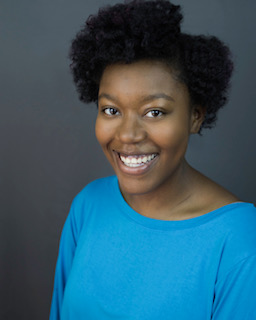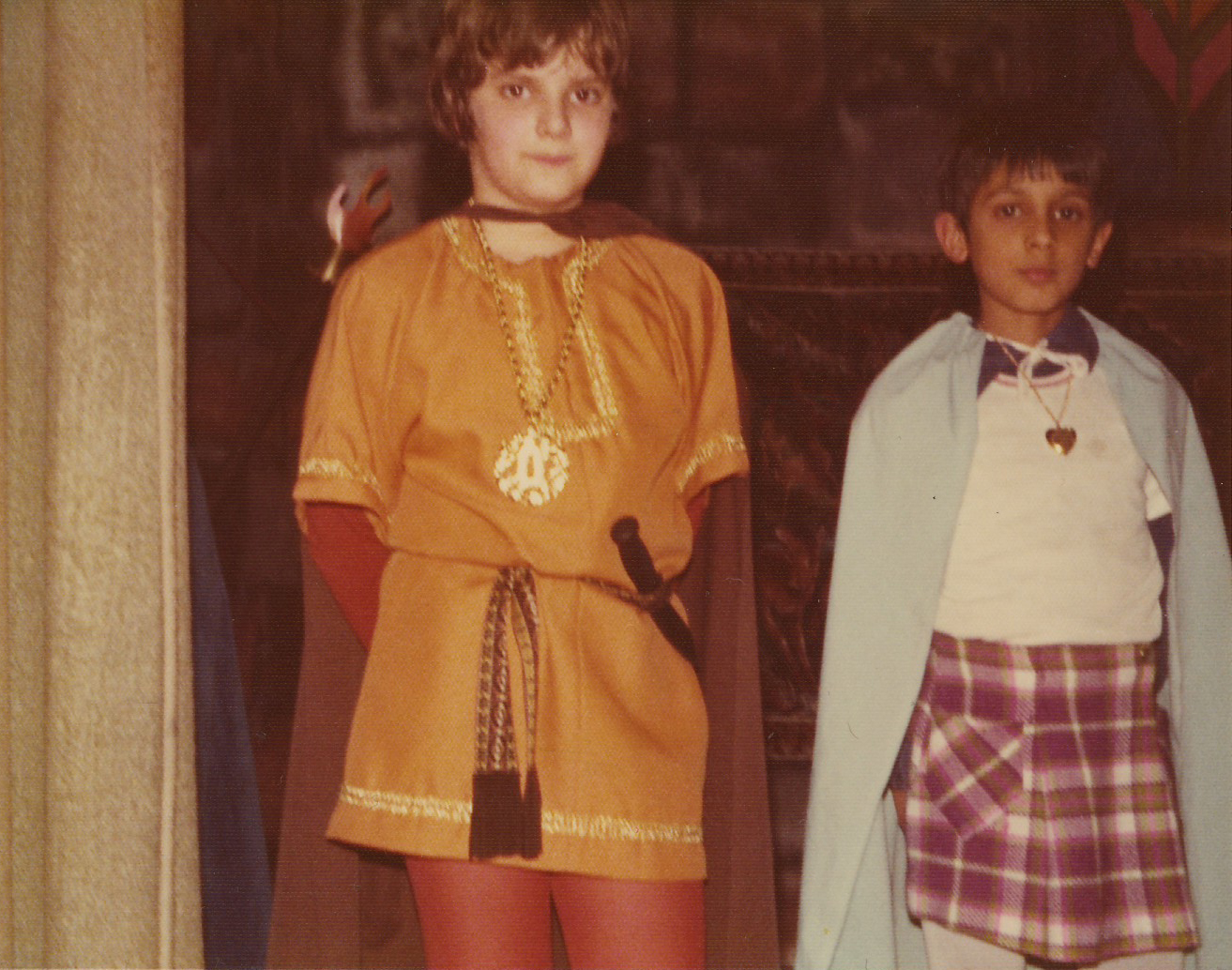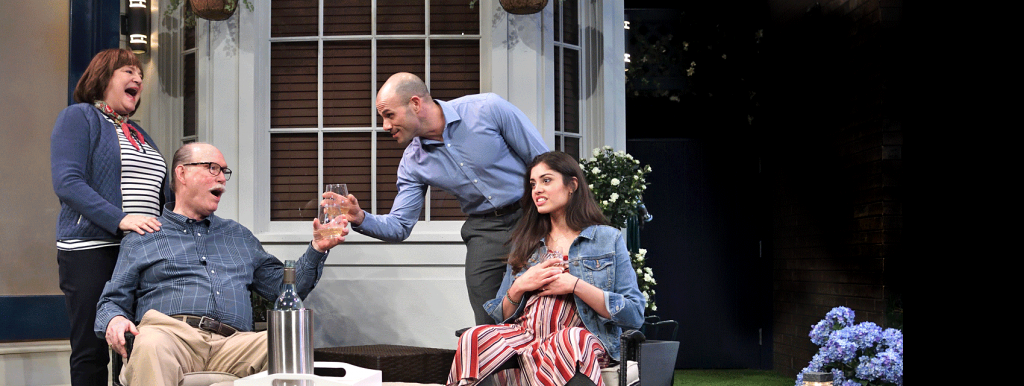
1/18/19
Artistic Management Intern Tyra Wilson recently sat down to talk with Artistic Director Curt Columbus, who will be directing Macbeth this spring about how he’s going to tackle this Shakespearean classic.
Tyra Wilson: Macbeth: what do we need to know about this show?
Curt Columbus: I was talking to a friend of mine last year who is a high school teacher, and we were talking about the world and current affairs and how unsettled we felt. She said “If you think you feel unsettled right now, imagine what it’s like to be a young person in this world, where there are not lots of role models for moral behavior.” That got me thinking about producing a classic play that would be about honor and what happens when you forget to be honorable. What happens when you focus on your own ambition over other people’s needs. That naturally led me to Macbeth. Because we will perform this for literally thousands of students [at our Project Discovery student matinees], I wanted to tell a moral parable about honor and the cost of pursuing power, fame, and fortune over those things: honor, truth, and justice. I have a long relationship with this play. Macbeth was the first big role I ever had, when I was 12, in a school production, and my mom got me contact lenses so I wouldn’t have to wear my giant Coke bottle glasses. I have hilarious photographs of me in the doublet and hose she had built for me on her Singer sewing machine. After I did the part for the whole school, an abridged version for kids, two little third grade girls came up to me and said “Can I have your autograph?” and that basically decided it for me. I was gonna be in theater from that moment on, because of this particular play. I have acted in this play twice, and I have directed it twice. This will be my first time at Trinity Rep.

TW: Do you believe in the dreaded curse connected with saying Macbeth’s name in a theater?
CC: Well, no, yes, I don’t know. It’s so hard to know. They say that if you’re working on the show you can say his name, which is why I’m using the word at all in the interview. I am a superstitious person but for the 12 stories that exist about theaters burning down and disasters happening when people have been producing this play for going on five centuries… I don’t know. As with most superstitions, it only has the weight that you give to it, and while I believe in theater ghosts, I don’t believe that it’s a magic word for theater ghosts.
TW: I hear you talk about moral parable and honor. What does honor mean to you?
CC: Honor means keeping your word when you say you’ll do something. Honor means putting your needs last and the needs of others first. Honor means holding to really high ideals for yourself and others. Honor means fighting to protect those around you and having that be your primary driving impulse.
TW: How do you hope students will interact with this piece, or what would you like them to derive from it?
CC: I’m setting the whole play in a nightclub, and we’re having a live DJ. I hope the kids enjoy the music and have fun, but that’s what I’m hoping for adult audiences, too. This story should take them almost by surprise because it’s really such a good story. I’m hoping that people will find themselves in a space where they’re feeling celebratory and open and able to more fully take in the story that they’re seeing.
TW: Is there anything else you’d like to add?
CC: Can I turn the microphone back to you? You said to me when we started working on this play together, “I’ve read this play before. I know this play very well.” Then I gave you a book by Gary Wills called Witches and Jesuits and you said, “It’s making me see the play in a different way.” Why?
TW: Gary Wills’ book highlights how bad it was to dabble in witchcraft in the 16th century. It gave me a key into how truly evil Macbeth is for consorting with witches. This idea of religion never crossed my mind even though it was a really religious period in history. Wills talks about how dastardly it was to make a deal with the devil and how witchcraft was seen as something really diabolical. Today, witchcraft is so modern a topic and not necessarily seen as an evil vocation. In the 16th century you couldn’t even joke about dealing with the devil, and witches were his servants, so to speak. Now I’m seeing how severe what Macbeth is doing with the witches is and what he becomes as a result; Wills says by dealing with witches Macbeth becomes one. Seeing Macbeth as a servant of the devil by the end of this play — and the long journey into evil he takes — makes this so much more than just a story about a greedy guy who wants to be king.
CC: The reason I’m asking this is that I find that book to be revelatory. What’s interesting is that, because Gary Wills is such a smart writer, he goes deeply into the historical period, only to lead us through to the other side to today and say, that’s why Macbeth is so vivid. That’s why it’s a play about giving yourself over to the forces of evil and thinking, “Yeah bring it all on. I don’t care how evil I get, I don’t care about how dishonorable I get.” Wills tells this very specific history of 16th-century England and how Shakespeare’s writing is so informed by the things happening around him, even though it would be against the law to talk about a monarch so maliciously. By getting so specific about the history of the period, Wills also reveals the way in which it is an utterly modern play. People create this false dichotomy with Shakespeare. I hear audiences say, “Well why didn’t you just set it in the period?” Unless you know something about the period of the play, you don’t understand the ways in which the period research releases the story into the present day. I’m thankful to Gary Wills because I think he’s a brilliant author and I’m thankful to what his writing is going to do for our production. That historical specificity about evil and greed is going to be a way that we can move this production into now.
